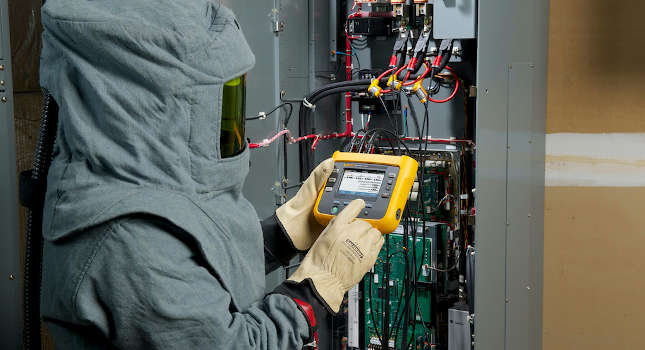The National Electrical Manufacturers Association yesterday applauded U.S. and Panamanian trade officials on the successful completion of their negotiations on a promising new free trade agreement and urged Congress to ratify it as soon as possible. The agreement features the elimination — most of it immediately upon implementation — of Panamanian tariffs on NEMA members’ electrical equipment exports.
“This agreement is an excellent one for the electroindustry, especially given the recent vote by the Panamanian people to approve the Panama Canal widening project,” said NEMA president Evan Gaddis. “Since Panamanian goods already enjoy very low or no duty access to our market, the agreement serves to level the playing field. The U.S. already enjoys a large bilateral electrical equipment trade surplus with Panama, and this stands to improve even further as the top quality products made by our members are afforded full market access to participate in the historic project to widen the canal.”
NEMA also praised Congress and the Bush Administration on bills signed into law this week that address several trade priorities for electrical equipment manufacturers, including:
%%POINT%% The U.S.-India Civilian Nuclear Agreement , which promises significant new electrical equipment sales opportunities to India;
%%POINT%% Permanent Normal Trade Relations status for Vietnam, which will allow U.S. companies to fully benefit from the burgeoning Southeast Asian economy’s new membership in the World Trade Organization ;
%%POINT%% Renewal of the Generalized System of Preferences program, which permits duty-free entry of hard-to-obtain raw materials and inputs from less-developed economies;
%%POINT%% Miscellaneous tariff bill provisions that suspend customs duties on a number of essential foreign inputs that domestic manufacturers need to stay competitive; and
%%POINT%% Renewal of the Andean Trade Preferences program, which allows duty-free entry of many inputs and raw materials from Colombia, Peru, Ecuador, and Bolivia.
“We very much welcome these new laws,” said Gaddis. “They help our members now and will help them in the future as these new markets develop.”



